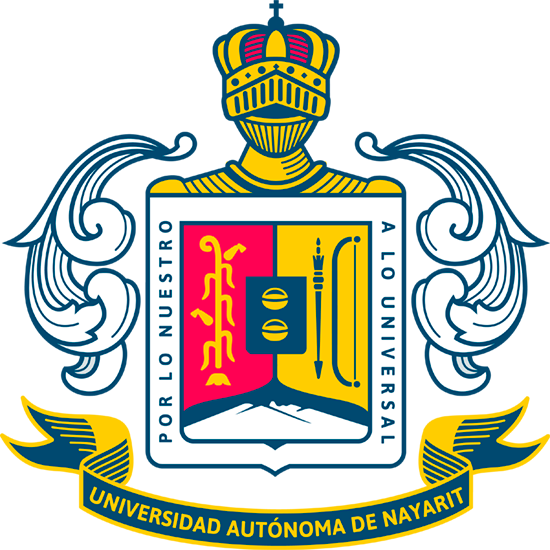Abstract
The COVID-19 pandemic has caused a decrease in tourism activity. This has caused huge losses to the tourism industry, so different approaches have been devised for economic reactivation. This article aims to provide a novel strategy for mass molecular monitoring of clinically healthy individuals, and also including potentially asymptomatic carriers of SARS-CoV-2, who traveled to a tourist resort The monitoring consisted of collecting individual saliva samples (n=120) and conforming groups of 10 samples, thus setting 12 individual pools, which were analyzed by qRT-PCR. Obtained data showed that all the samples analyzed were negative, thus confirming that no individuals were infected with SARS-CoV-2 before and during the travel. The proposed molecular protocol allowed the analysis of massive saliva samples and detect individual infected persons (negative or positive). protocol for evaluate massive event, thus promoting the economic activation of the tourism industry.

Revista Bio Ciencias by Universidad Autónoma de Nayarit under Creative Commons Attribution-NonCommercial 3.0 Unported License.
Based on work of http://biociencias.uan.edu.mx/.
Further permits not covered by this licence can be found at http://editorial.uan.edu.mx/index.php/BIOCIENCIAS.






